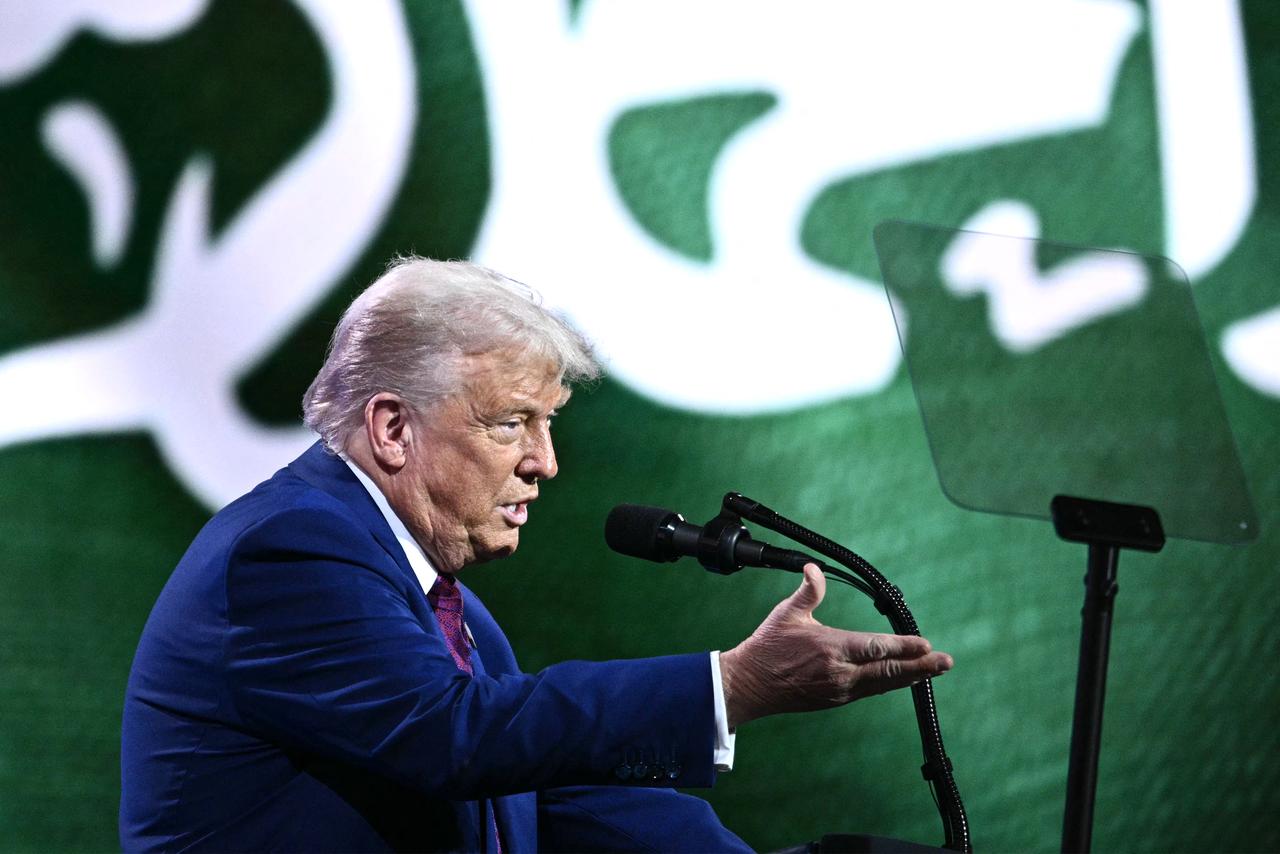
A recent statement by the U.S. ambassador to Türkiye, who also serves as Washington’s special envoy for Syria, signals footprints of recalibration in American Middle East policy. Released in parallel with President Donald Trump’s address during his Gulf tour, the message aligns with a broader repudiation of decades of Western interventionism.
Trump’s Riyadh speech, expected to focus on business deals, instead offered a critique of the bipartisan foreign policy consensus that championed interventions and nation-building. “The so-called nation builders wrecked far more nations than they built,” he said, condemning the tradition of imposing foreign governance on complex societies. The ambassador’s statement carries this message forward—applying it directly to Syria and the broader Levant.
In essence, the U.S. ambassador is drawing a sharp distinction between himself and his Western allies, especially Europe, while signaling a shift away from the historical practice of reshaping borders and political orders. In place of externally driven agendas, the Trump administration now advocates a model of regional cooperation and partnership with local counterparts, which is a necessary condition for focusing on other parts of the world.
The statement frames the 1916 Sykes-Picot Agreement—a secret deal between Britain and France to divide the Ottoman Middle East—as a historical error whose consequences still reverberate. The ambassador described the agreement as an imperial design that caused generational harm, vowing not to repeat its legacy..
This explicit critique goes beyond historical reflection. It represents a policy posture: the U.S. no longer sees itself as an external architect of the Middle East’s political map. Instead, it seeks to foster solutions anchored in local dynamics and supported by regional ownership.

The end of “Western intervention” as described in the statement should not be confused with isolationism or inaction. What’s being rejected is not strategic involvement per se, but the costly, idealistic project of redesigning entire nations from scratch. While Trump’s U.S. remains willing to engage—whether in Greenland, Panama, or elsewhere—it no longer seeks to dictate constitutional frameworks or societal models abroad.
In Syria’s case, this means supporting recovery and reconstruction efforts through diplomatic and economic tools, rather than military presence or regime change operations. The emphasis is now on ending sanctions, investing in people, and working with regional partners—including Türkiye, the Gulf, and Europe—not around them.
Building such a Middle East policy is essential for Trump's goal of shifting the center of gravity, a military exit from the region and a focus on the Asia-Pacific, which he has pursued since his first term.
Oytun Orhan, Levant studies coordinator at the Center for Middle Eastern Strategic Studies (ORSAM), interpreted the U.S. message as an attempt to distance itself from the historical legacy of European colonial powers.
“America is trying to separate itself from the legacy of the Sykes-Picot system, which lies at the root of many problems in the region,” said Orhan. “Traditionally, the U.S. was always viewed within the Western framework, but now it seems to be positioning itself differently, almost implying that the original fault lies with Britain and other European powers of the time.”
Every time Trump makes a statement on Syria, he mentions either Türkiye or President Recep Tayyip Erdogan.
The ambassador’s reference to close cooperation with Türkiye is widely seen as a message aimed at addressing Ankara’s long-standing concerns over Syria. Türkiye has consistently prioritized the preservation of Syria’s borders and opposed foreign-imposed models that might fragment the country.
By recognizing Türkiye—and not just Europe or Gulf states—as a co-equal stakeholder, Washington is signaling a recalibrated partnership that reflects Ankara’s central role in regional diplomacy and security.
Orhan sees this rhetorical shift as strategic, offering clues about how the U.S. intends to approach Syria in the coming period. “The fact that the U.S. ambassador is also the special envoy to Syria signals a clear intention to work closely with Türkiye. The message reflects a shift in U.S. thinking—toward building a new order through regional actors. However, this doesn’t absolve Washington of its responsibilities in the region.”

Sinan Ulgen, director of the Istanbul-based think tank EDAM and a senior fellow at Carnegie Europe, highlighted that while Sykes-Picot undeniably shaped the regional landscape, the focus today must be on the functionality of states within their current borders.
“Problems created by Sykes-Picot have certainly affected this geography, but we are past that. The main issue now is whether states in this region can become functional within their territorial integrity,” Ulgen noted.
He also found the U.S. emphasis on Syrian territorial unity to be significant, but added a crucial caveat: “We should also question another state that has damaged this territorial integrity in the south—namely, Israel.”
However, it is still unclear and will be decisive how the United States will react to the point made by the expert. So far, since Trump's rapprochement with al-Shara'a, Israeli attacks inside Syria have been noticeably sidelined.
The ambassador's statement also refers once again to the end of an era in which Washington bears all the costs in terms of working with countries in the region, and names future partners by name.